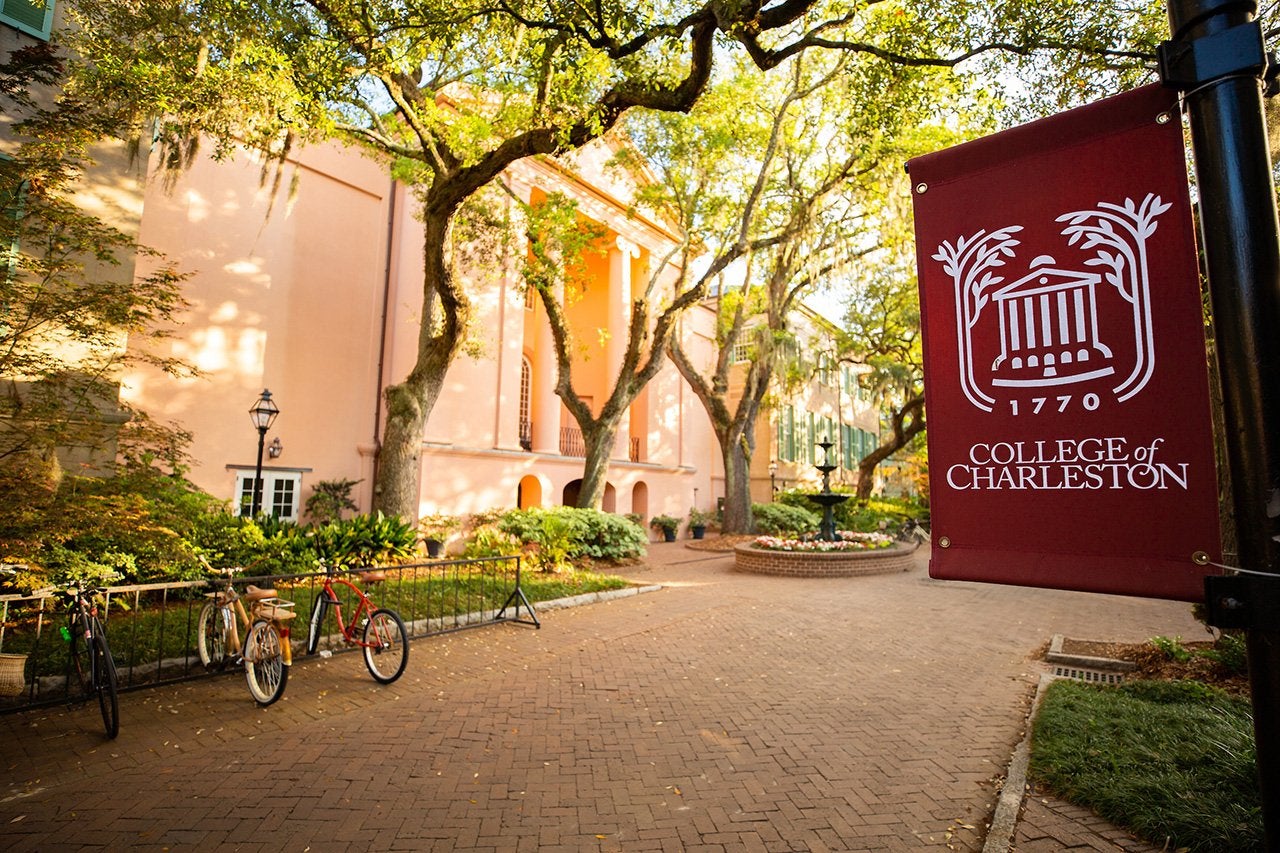A College of Charleston researcher is partnering with a local grassroots organization to help build consensus around potential solutions to reduce gun violence in the South Carolina Lowcountry.
Sarah Maness, assistant professor of public health at CofC, and Butch Kennedy, founder of the Tri-County Gun Violence Coordinating Council, an organization that aims to help reduce gun violence in Charleston, Dorchester and Berkeley counties, have received funding through the Medical University of South Carolina’s Community Engaged Scholars Program to conduct the Charleston Community Gun Violence Interruption and Intervention study. The effort builds upon a series of proposed legislative, policy and policing initiatives developed by the council.
“The idea is to take these requests from the council and do some research by sharing them with an expanded set of community members to see – of these ideas – what can we feasibly prioritize as a community,” explains Maness, who got involved with the council in 2021 after joining an ad hoc committee of the College’s Faculty Senate seeking to help curb gun violence. “We want input from people who have different perspectives because our input as community members, our input as academics may be very different from someone who is in law enforcement or someone who does policy.”
In 2020 South Carolina had the ninth highest gun death rate in the country, according to the latest data from the Centers for Disease Control and Prevention (CDC). That’s a rate of 22 gun-related deaths per 1,000 residents. In all, the CDC counted 1,131 total gun deaths in South Carolina in 2020, which includes gun-related homicides and suicides.
Kennedy says that since forming the council about two years ago, he and others in the group have tried to bring together different constituencies from across political and professional spectrums to tackle issues of gun violence, but it’s been challenging to make any meaningful progress.
“Every time we get the groups together somebody doesn’t get their way and they pick up their marbles and walk off the table and never discuss anything else,” he says. “So, we decided as a group our best approach was to develop a list of things that we believe would make our community safer for all and send this out to them individually and allow them to agree upon what they agree upon.”
The council’s proposed solutions for reducing gun violence include expanded background checks, funding for local community gun violence interruption and intervention wraparound services, improving access to local programs for high-risk youth and a public campaign promoting the importance of locking car doors to reduce gun theft, among others.
In recent years, researchers have begun investigating solutions to gun violence through the lens of public health. This study will build on those concepts as well as the council’s work by conducting interviews and surveys with law enforcement officers, policy makers and other members of the community to develop strategic initiatives to lower incidents of gun violence across the region and throughout the state. In addition to finding areas of support for curbing gun violence, Maness hopes to use the research as a catalyst to generate funding through grants and other resources to implement those solutions.
“We want to get a deeper look at how people feel about different potential initiatives and then rank them in order of what they would like to see started first,” says Maness.
The research will take place simultaneously as the council continues its advocacy.
“People are dying every day,” says Maness. “We can’t stop the community work to wait for the research. We hope in partnership that each can complement one another.”




